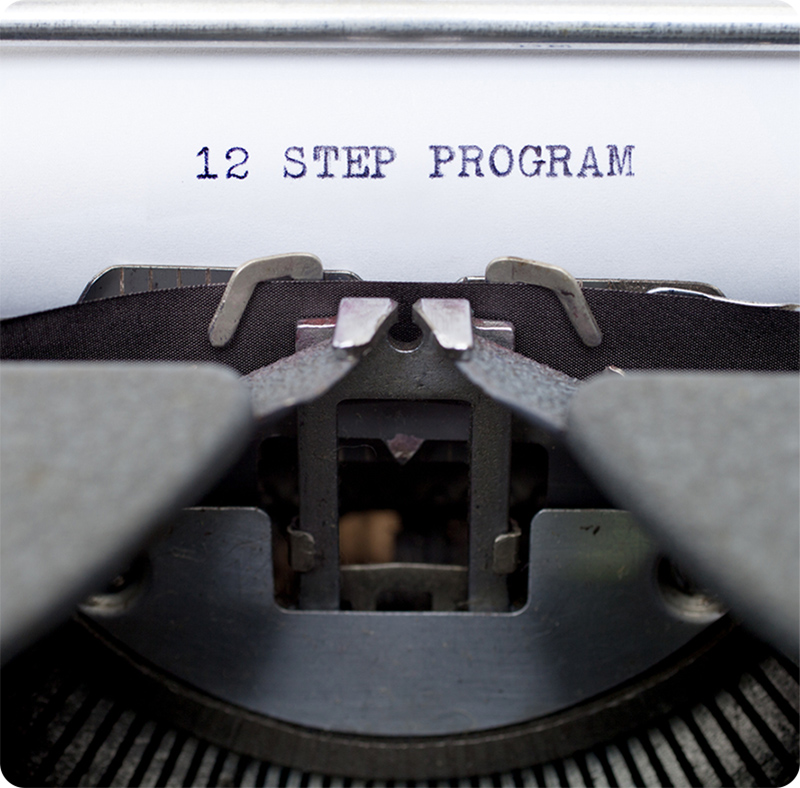
Understanding the Twelve Steps
The Journey to Recovery
The 12-Step program is a time-tested program designed to support individuals struggling with substance use disorder (SUD) and addiction. This structured approach encourages meaningful changes in beliefs and behaviors, setting the stage for long-term sobriety. By engaging in this spiritual and personal journey, individuals can shift their mental and emotional perceptions. This leads to a deeper understanding of their addiction and its roots.
The Role of Community and Support
Embracing the Twelve Steps at Stairway Resource Center
At Stairway Resource Center, we incorporate the Twelve Steps into our residential treatment center approach, tailoring them to each individual’s unique needs. Our experienced staff members understand the complexities of addiction and are dedicated to providing compassionate support throughout the recovery process. We believe that understanding each step is crucial for harnessing the full potential of this recovery model.
The Twelve Steps Explained
Step 1 – HonestyRecognizing Your Powerlessness
Step 2 – HopeBelieving in a Higher Power
Step 3 – SurrenderTurning Your Will Over
Step 4 – CourageConducting a Moral Inventory
Step 5 – IntegritySharing Your Truth
Step 6 – WillingnessBecoming Ready for Change
Step 7 – Humility Seeking Help for Shortcomings
Step 8 – LoveMaking Amends to Others
Step 9 – ResponsibilityTaking Accountability
Step 10 – DisciplineContinuing Your Personal Inventory
Step 11 – AwarenessCultivating a Spiritual Connection
Step 12 – ServiceHelping Others in Recovery
Using the Twelve Steps as a Recovery Tool
Tailored Programs at Stairway Resource Center
The Importance of Peer Support in Recovery
Developing Coping Skills Through Group Psychotherapy
The Twelve Steps offer a powerful resource for those struggling with substance use disorder or addiction.
We Accept Most Major Insurances
We Accept Most Major Insurances
























